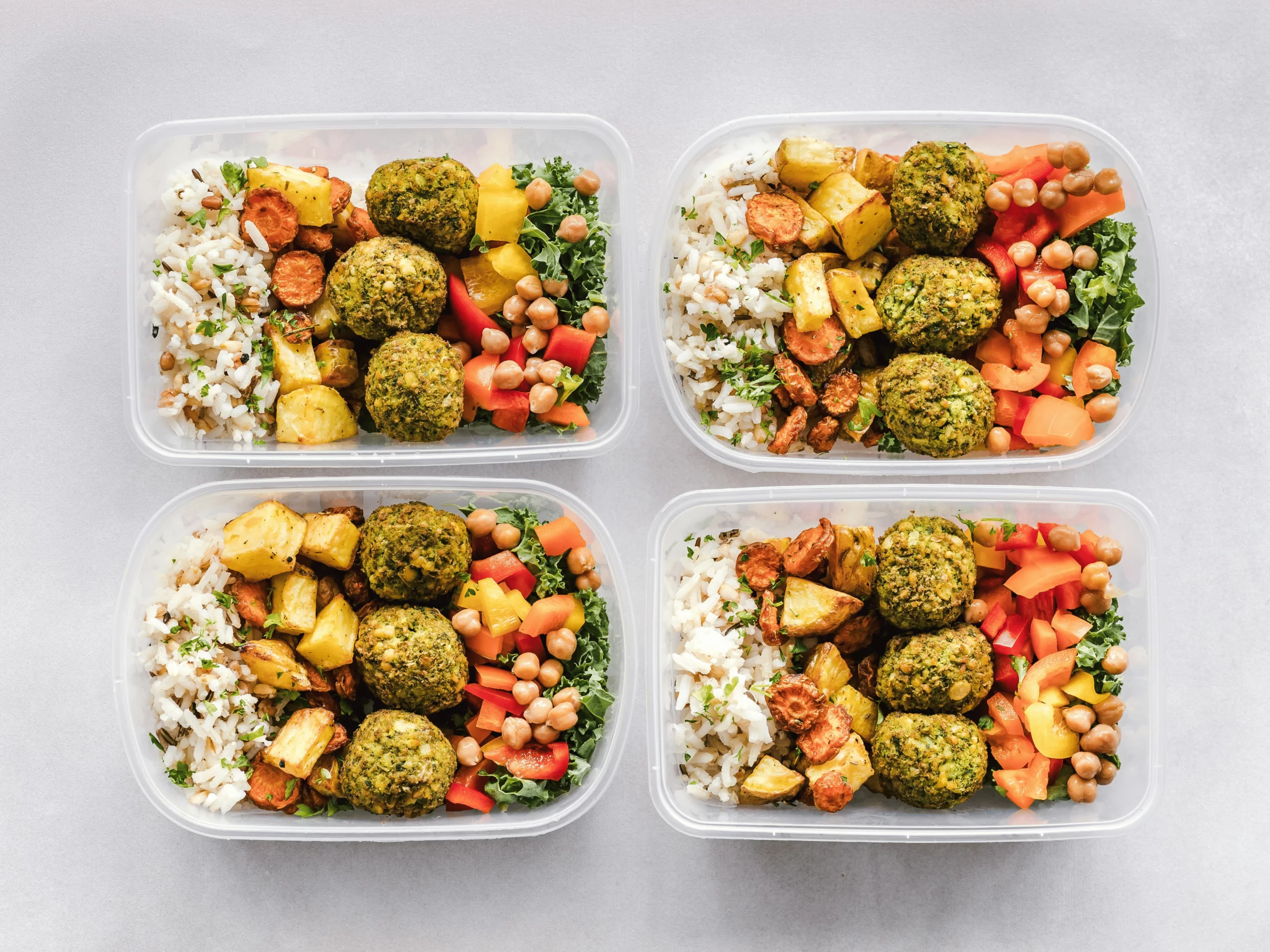
Hydration Tips: Staying Hydrated Throughout the Day
Staying hydrated is essential for maintaining overall health and well-being. Water plays a crucial role in digestion, nutrient absorption, temperature regulation, joint

The 20-80 method in eating is a flexible, balanced approach to nutrition where you aim to eat healthy, whole foods 80% of the time – think vegetables, lean proteins, whole grains, and healthy fats – while allowing yourself to enjoy indulgent foods like sweets, pizza, or wine the other 20% without guilt. It’s not about restriction, but sustainability, helping you stay consistent with good habits while still enjoying life. This method supports both physical health and mental well-being, making it easier to maintain a healthy lifestyle long-term.




Why It Works:
The 80-20 method works because it encourages long-term consistency rather than short-term restriction. By allowing yourself to enjoy treats in moderation, nothing feels completely “forbidden,” which helps reduce cravings and the urge to overeat. This approach also prevents binge-eating or the feeling of “falling off the wagon,” making it easier to stick with healthy habits. At the same time, it supports both mental and physical health by balancing nourishment with the pleasure of eating, creating a sustainable and enjoyable way to maintain a healthy lifestyle.
The beauty of the 80/20 method is that it’s flexible – you can adapt it to fit your lifestyle, preferences, and schedule. There’s no one “right” way to do it. The key is finding an approach that feels natural and sustainable for you. Here are a few ways to structure it:
With the daily approach, you focus on eating nutrient-dense, whole foods throughout the day – colorful vegetables, lean proteins, whole grains, and healthy fats. Then, you allow yourself a small treat in the evening, like a piece of dark chocolate, a dessert, or a glass of wine. This method works well for people who enjoy a steady routine and like the idea of incorporating indulgences in small, manageable doses without feeling deprived.
If your schedule or habits vary more throughout the week, the weekly approach might be a better fit. Here, you stick to wholesome, healthy meals from Monday through Friday, and then allow yourself 2-3 more relaxed or indulgent meals over the weekend. This approach works well for social occasions, family meals, or spontaneous treats, letting you enjoy life while still prioritizing nutrition most of the time.
For those who like to think in terms of individual meals rather than days, the meal-based approach is ideal. Out of the 21 meals in a week (three meals a day), aim for about 17 to be wholesome and balanced, leaving 4 meals open for enjoyment or spontaneity. This approach gives you flexibility to enjoy meals with friends, celebratory dinners, or your favorite comfort foods without guilt, while still keeping the majority of your week focused on nourishing choices.
If you prefer to track your intake more precisely, the calorie-based approach can work well. With this method, you aim to get 80% of your daily calories from whole, nutrient-rich foods, and use the remaining 20% for anything you love – even if it’s less “clean” or indulgent. This is a great way to combine freedom and structure, especially if you enjoy balancing nutrition with flexibility in your daily calorie budget.
No matter which approach you choose, the 80/20 method is about balance, not perfection. It’s a practical, sustainable way to enjoy your favorite foods while nourishing your body, reducing guilt, and creating a long-term, enjoyable approach to eating. It takes the pressure off rigid diets and makes healthy living feel much more realistic and attainable.


Mindful Eating
The 80/20 method isn’t just about what you eat – it’s also about how you eat. Practicing mindful eating helps you enjoy every bite, tune into your hunger and fullness cues, and prevent overeating, even during indulgent meals. Take the time to savor flavors, textures, and aromas, and focus on your meal instead of multitasking. Mindful eating transforms food from a mindless habit into a nourishing, enjoyable experience.
Flexibility Over Perfection
One of the most important things to remember is that the 80/20 method is about balance, not perfection. Some weeks might be closer to 70/30 or 85/15, and that’s okay. The key is consistency over time – building sustainable habits that fit your lifestyle rather than following rigid rules that are impossible to maintain.
Customization for Lifestyle
Everyone’s needs are different, and the 80/20 method can be adjusted to suit your lifestyle and goals. Active people might allocate more of their 20% indulgence around workouts for extra fuel, while those focused on weight management may keep portions of indulgent foods smaller. The method is versatile, allowing you to find what works best for your energy, appetite, and daily routine.
Emotional and Social Factors
The 20% indulgence isn’t just about calories – it’s also about enjoyment, culture, and connection. Celebrating with friends, enjoying holiday meals, or having your favorite comfort foods is an essential part of a sustainable approach. Giving yourself permission to enjoy these moments helps reduce guilt and keeps your eating habits realistic and enjoyable.
Practical Tips for Success
Small strategies can make the 80/20 method easier to follow. Planning your 20% treats ahead of time helps prevent mindless indulgence, while keeping healthy staples on hand makes the 80% easier to stick to. Avoid labeling foods as “good” or “bad,” as this can create unnecessary guilt. Instead, focus on balance and variety to make your eating routine stress-free and satisfying.
Common Misconceptions
It’s important to understand what the 80/20 method is – and isn’t. It’s not an excuse to binge or eat ultra-processed foods every day. Moderation is still key, and the focus should remain on nourishing, high-quality foods for the 80% portion. Combining this approach with regular movement, proper hydration, and sufficient sleep makes it even more effective for overall health.
Benefits Beyond Weight
The benefits of the 80/20 method go far beyond just managing weight. It helps reduce stress around food and dieting, improves your relationship with what you eat, and supports long-term wellness. By focusing on balance instead of restriction, you’re not only nourishing your body but also supporting your mental health, heart health, energy levels, and overall quality of life.

Staying hydrated is essential for maintaining overall health and well-being. Water plays a crucial role in digestion, nutrient absorption, temperature regulation, joint

Tips on Measuring Portions and Adjusting Serving Sizes Portion control is a key component of healthy eating, especially when managing weight, ensuring

© 2025 Nutrina LTD. - All rights reserved